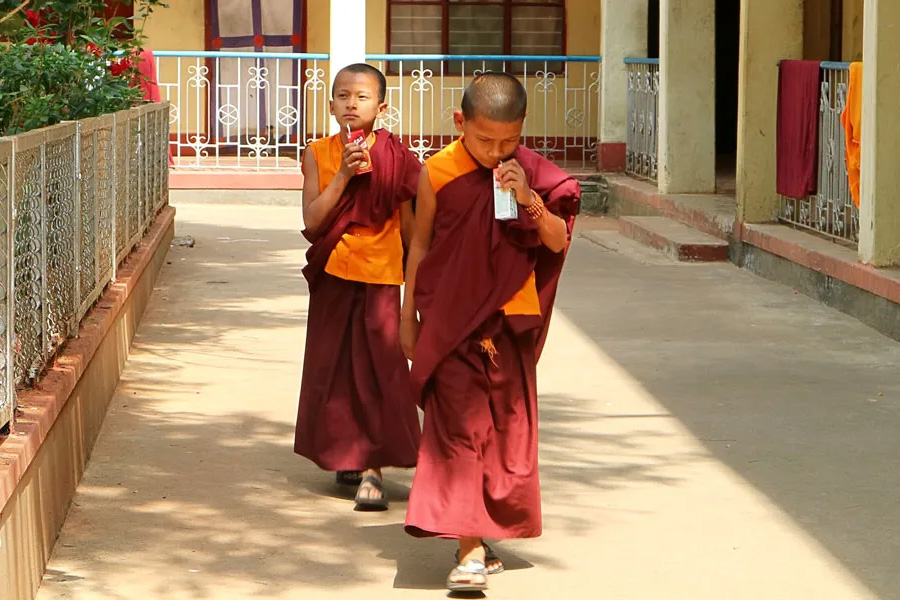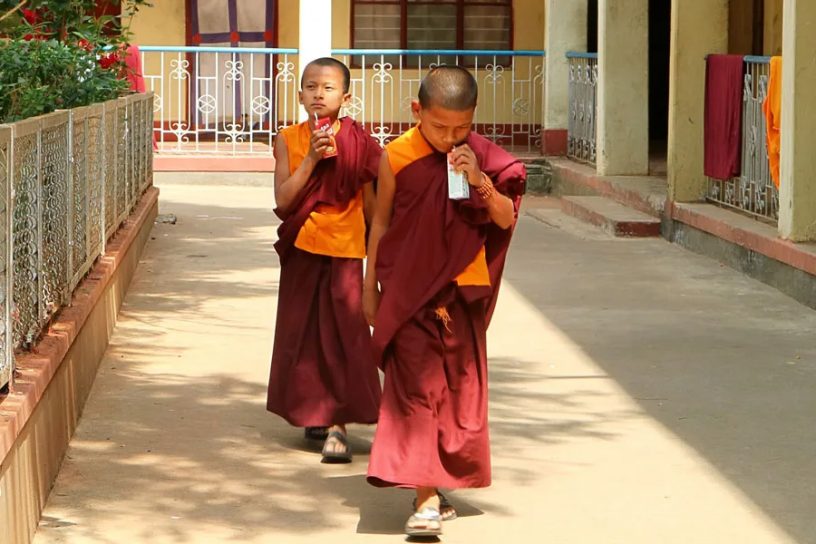
This paper is an attempt to understand the inter-sectional application of the concepts of embeddedness and ethnic solidarity, in the socio-economic context of the Tibetan refugee community residing in India.
Authors
Deepanshu Mohan, Associate Professor of Economics and Director, Centre for New Economics Studies (CNES), Jindal School of Liberal Arts and Humanities, O.P. Jindal Global University, Sonipat, Haryana, India.
Richa Sekhani, Indian Council for Research on International Economic Research (ICRIER), New Delhi, India.
Sakshi Tokas, Centre for New Economics Studies, O. P. Jindal Global University, Sonipat, Haryana, India.
Shivani Agarwal, Centre for New Economics Studies, O. P. Jindal Global University, Sonipat, Haryana, India.
Mansi Singh, Centre for New Economics Studies, O.P. Jindal Global University, Sonipat, India.
Pranjali Dixit, Jindal School of International Affairs, O.P. Jindal Global University, Sonipat, India.
Summary
Karl Polanyi argues that the discipline of economics has emerged from the observations of human beings and their practices existing in a society. Since humans are perceived primarily as social beings rather than economic ones, embeddedness is a necessary and basic condition of the economy.
This paper is an attempt to observe study and understand the inter-sectional application of these concepts of embeddedness and ethnic solidarity, in the socio-economic context of the Tibetan refugee community residing in India.
Our study’s fieldwork was focused on observing the functioning of the local Tibetan economy in Mcleodganj (Dharamshala), where two Tibetan knowledge systems: the Thangka art and the Tibetan healing system were closely studied, reflecting Tibetan culture, and the community’s effort to preserve and promote these knowledge systems in different economic forms.
Published in: Asian Ethnicity
To read the full article, please click here.


